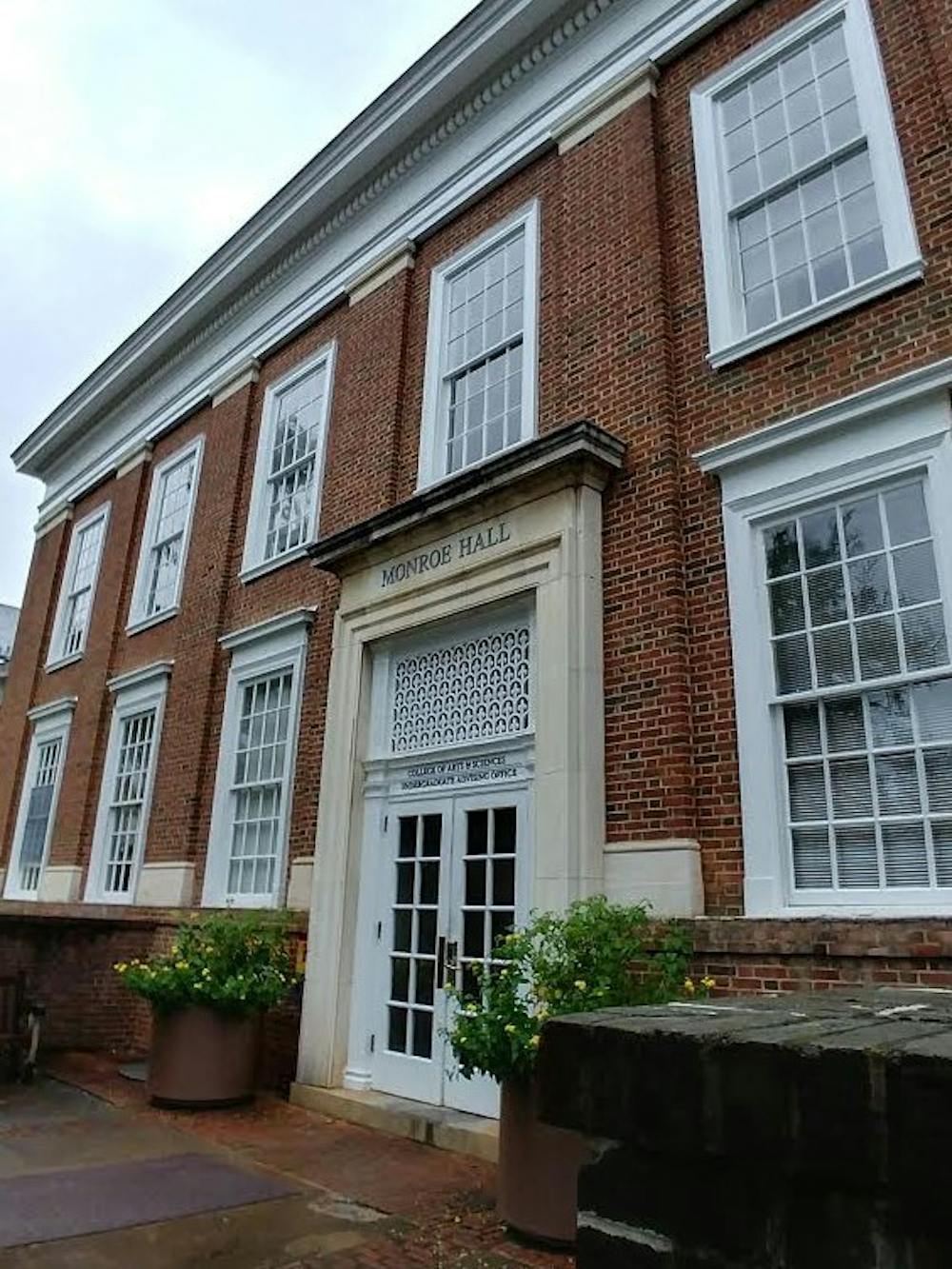Two weeks ago, the Board of Visitors unveiled a plan to review low-enrollment classes in the College. Under this new policy, classes with fewer than eight students will be placed under review, while trying to guarantee that professors are actually instructing the classes as listed on SIS. This new College policy was introduced within the framework of “improving the educational quality” students receive at the University in order to ensure course offerings are popular and relevant. However, while this program initially appears well-intentioned, it disproportionately affects small programs and departments such as the Middle Eastern Studies Department, which are vital to the diverse curriculum offered at the University. Although it is promised these departments and programs will not disappear, many students and professors alike are nevertheless unsure about their academic futures. Furthermore, instead of focusing attention on investigating these low-enrollment courses, the University should turn its attention and resources to examining student course reviews in order to determine which programs and departments are truly unpopular and in need of revision.
The College touts a diverse course offering, allowing students to enroll in classes that spark their intellectual interests. To assist students in finding their academic passions, there are many required classes in the College either as part of the Area Requirements or for a specific major or minor. During course enrollment these required classes, such as elementary language courses and other introductory courses, often fill up fast as they are required by a variety of disciplines. For example, ECON 2010 is full nearly every semester as it is a prerequisite for both the Commerce School and Batten School — two schools which many students apply to during their second year. Additionally, 1000 and 2000-level language classes are usually full, as the College requires students to complete a language through the 2020 level. Semester after semester these introductory classes continue to be at enrollment capacity as they are prerequisites for schools, special programs, majors and minors in the College. While these prerequisite courses are often full, this does not necessarily mean they are quality courses genuinely enjoyed by students.
If the College really seeks to “update its curriculum and make sure that students are interested in the courses offered,” then it should more comprehensively review the student evaluations completed at the conclusion of each semester. In these evaluations, students are instructed to provide honest feedback about the course and the instructor — there are a variety of questions ranging from the amount of work each week to short responses about the professor and their teaching style. These evaluations serve to alert to the professor, department head and the College of the strengths and weakness of each course and its instructor. By performing a cumulative review of these evaluations, the College would gain insight into which classes, regardless of enrollment, are truly viewed as unpopular by students.
Enrollment should not be indicative of the popularity and quality of a course when examining classes offered in the College. What separates the College from many other liberal arts schools is its diverse course offering — students have access to courses in over 20 different languages and courses in a variety of disciplines ranging from Politics to Middle Eastern Studies. This breadth of topics serves to enrich the student body, by engaging them in a diversity of topics. Additionally, many students are attracted to the College for its multitude of languages, many of which are not offered at other institutions. The new policy of reviewing low-enrollment classes would disproportionately affect these small departments and programs which add diversity to the University. Furthermore there are many academic benefits to smaller class sizes found in these smaller departments — discussion is more easily facilitated, students can more easily engage with professors and more personalized feedback can be provided. These small departments are essential to the learning experience of many students at the University.
Even though these small departments service less students than their larger counterparts, their diverse course offerings are vital to the curriculum of the College. Instead of reviewing classes with low-enrollment, the College should place a larger emphasis on course evaluations completed by students when determining which classes, departments and programs should be placed under further review. Furthermore, by prioritizing student course reviews, the power to determine the future of departments and programs is transferred to the students, the original goal of the student course evaluation program when first lobbied for by Student Council in 2002. Therefore administrators should more heavily weight student course evaluations when determining which classes enhance the educational offering of the College.
Mary Alice Kukoski is an Opinion columnist for The Cavalier Daily. She can be reached at opinion@cavalierdaily.com.







